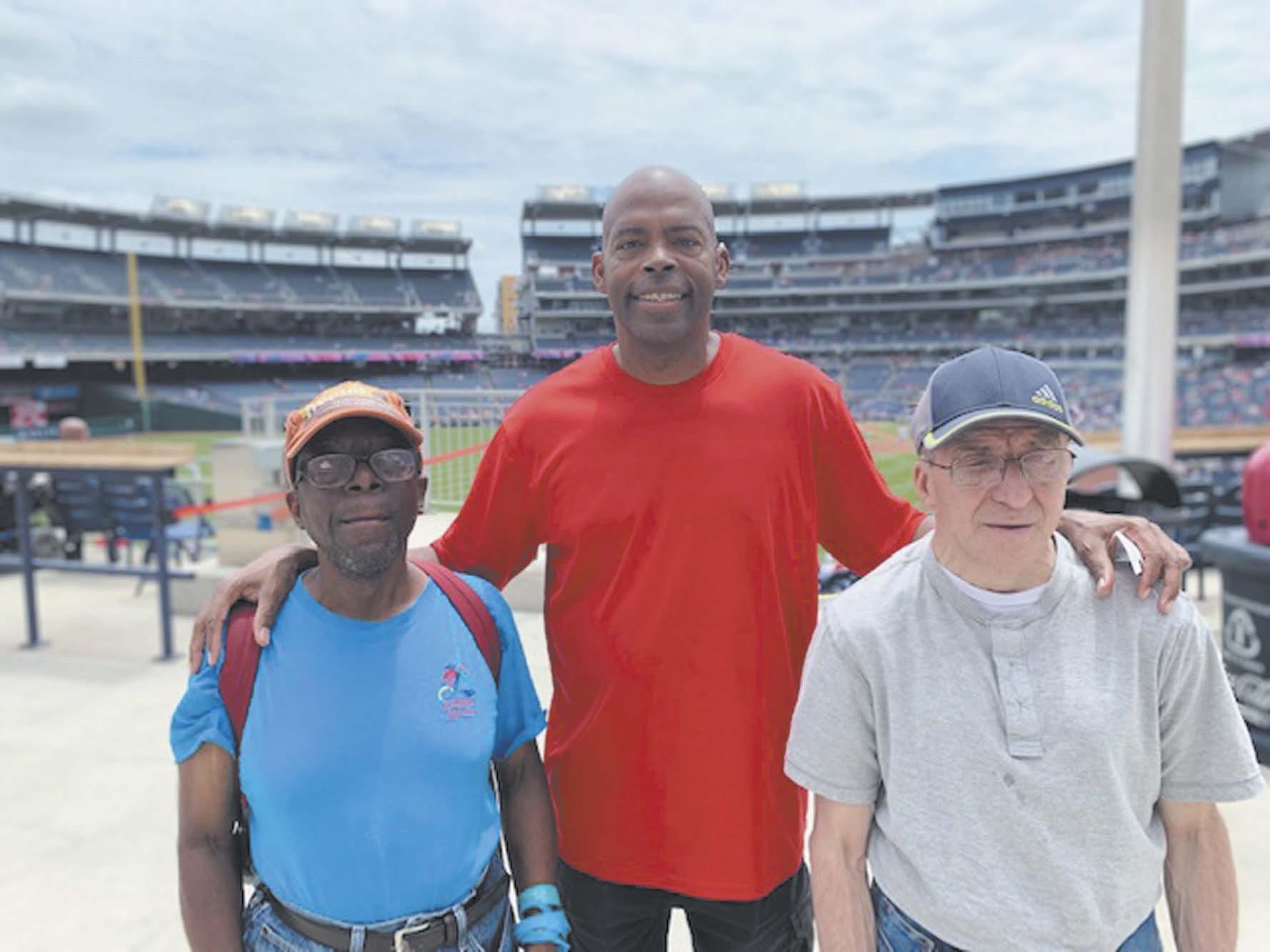
2 minute read
Taking the ‘Dis’ Out of ‘Disabilities’
Taking the ‘Dis’ Out of ‘Disabilities’
People with disabilities are working as direct support professionals and helping others achieve independence
By Elissa Einhorn
Meet Eric Mack, a goal-oriented gentleman in his 30s, who wanted more for himself—to work, to have a meaningful relationship and to live on his own.
Thanks to the National Children’s Center, Eric works at the Mark Center Building in Alexandria, Virginia, home to several Department of Defense agencies; has a girlfriend; and went from a group home to living independently.
“[Eric’s employers] treat him no differently and that’s what we expect,” says Tiffany Sanders, NCC’s director of community living services.
NCC provides far more than children’s services. For the past 60 years, it has provided what CEO Patricia Browne describes as “community-based options that are caring and empathetic, and that integrate children and adults with disabilities into the community.”

Direct Support Professional Steve Holley (center)
Photo courtesy of National Children’s Center
Eric’s success is in no small part due to direct support professionals like Steve Holley, a DSP for 28 years who is also deaf.
“I help with health and oral care, transportation to medical appointments, and also advocate at medical appointments,” Holley says. “I want people to ignore the disability and see each person for who they are. Given opportunity, supports, tools and encouragement, we can help each individual reach their goals.”
However, this support is threatened because of what Holley, Browne and Sanders describe as low wages, high turnover, no wage increases, and lack of time and resources spent on recruitment and training, including the field of DSPs not being promoted as a career path in high schools.
Browne notes that NCC is willing to explore hiring more people with disabilities as DSPs as part of their overall strategic planning process. “We are open to all candidates with the required education and experience,” she says.
In fact, Browne sees this type of inclusion as a civil rights issue, just like movements focused on ethnicity, gender and race. “We want to take the ‘dis’ out of disabilities and talk about varying abilities,” she says.
Inclusive Hiring Practices
Here are the steps employers can follow toward successfully hiring individuals with disabilities:
- Be willing and open to hiring people with disabilities and realize the value in neurodiversity.
- Talk to peers in the community who are hiring individuals with disabilities to learn what steps can translate to employment success.
- Understand that accessible supports, such as providing communication devices, don’t always add to costs.
- Provide accommodations such as having a job coach come on a weekly or monthly basis.
- Observe employees and provide honest and open feedback about what is going well and how to troubleshoot less successful areas.
- Listen to the needs of the individual.

Eric Mack holds a quarterly award for his team’s outstanding performance.
Photo courtesy of National Children’s Center







